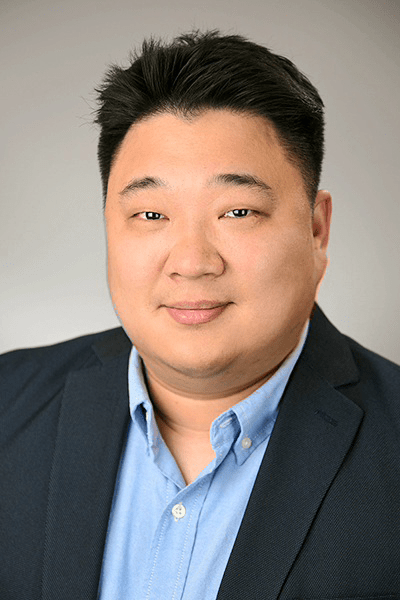
Chang-Hyun Gil, PhD
Assistant Research Professor of Surgery
- Phone
- (317) 278-6145
- Address
-
MS 2021
SVAS
IN
Indianapolis, IN - PubMed:
-

Bio
Dr. Chang-Hyun Gil received his Bachelor of Science majoring in Genetic Engineering, Bachelor of Biomedical Engineering majoring Biomedical Engineering, and Bachelor of Physical Education majoring Sports Medicine at Soonchunhyang University. Dr. Gil received his Master of Science in Biomedical Science at CHA University and PhD degree in Translational Stem Cell Medicine at the Konkuk University. His postdoctoral training was under the guidance of Dr. Mervin C. Yoder in the Department of Pediatrics and Dr. Michael P. Murphy in the Department of Surgery at Indiana University School of Medicine (IUSM).
Dr. Gil has been focusing his research on the practical application of cell products differentiated from human pluripotent cells (hPSC). Dr. Gil has expertise in the culture of hPSC such as embryonic stem cells (hESC), induced pluripotent stem cells (hiPSC) and mesenchymal stem/stromal cells (MSC). In addition, Dr. Gil has developed the method to enhance the differentiation of the hPSC to become endothelial colony forming cells (ECFC) that display high proliferative potential. HPSC-derived ECFC is becoming an important cell type to be considered for use in human patients suffering from a variety of diseases such as peripheral arterial disease, diabetes, diabetic proliferative retinopathy, and acute kidney disease. Dr. Gil has tested hPSC-ECFC in several animal models of tissue ischemia to provide evidence that such products are functional in vivo and form functioning human blood vessels in these immunodeficient mice models.
Dr. Gil’s research has focused on quality control of hPSC, differentiation of the cells into specific mesoderm cells, and mesoderm origins of hPSC-derived cells such as endothelial cells (EC), MSC, and immune cells. The long-term goal of his research is to uncover novel methods and to seek a greater understanding of stem cells for treating ischemic vascular diseases, particularly with critical limb ischemia (CLI) and abdominal aortic aneurysm (AAA). His long-term research objective is the development of novel therapeutics using human pluripotent stem cells, and the progress of research to have a significant impact on improving unmet clinical needs.
| Year | Degree | Institution |
|---|---|---|
| 2016 | PhD | Konkuk University |
| 2010 | MS | CHA University |
| 2008 | BS | Soonchunhyang University |
| 2008 | BME | Soonchunhyang University |
| 2008 | BPE | Soonchunhyang University |